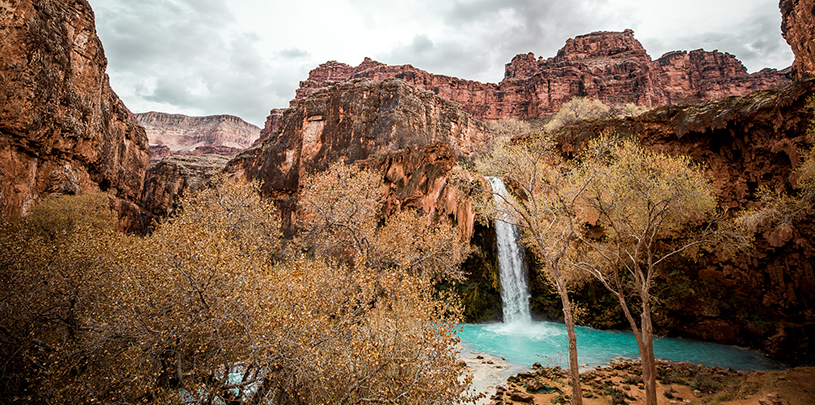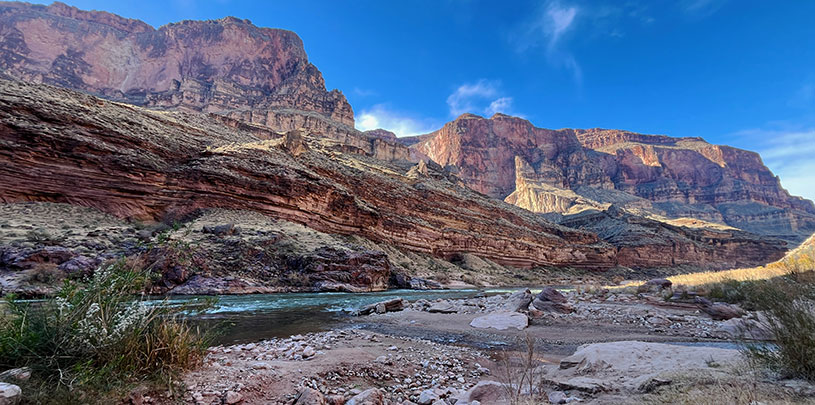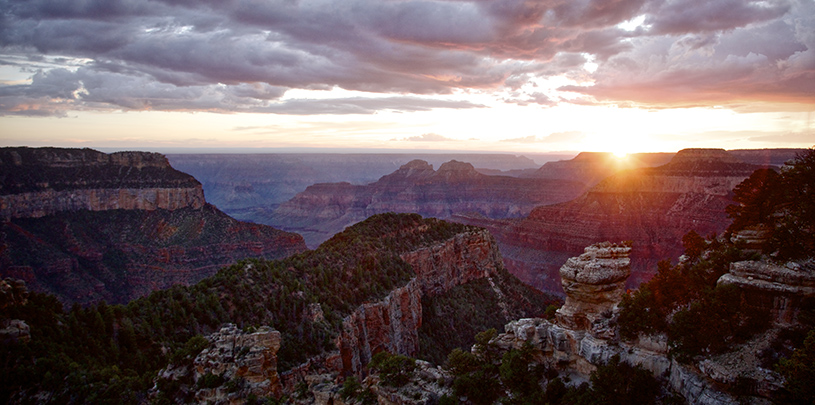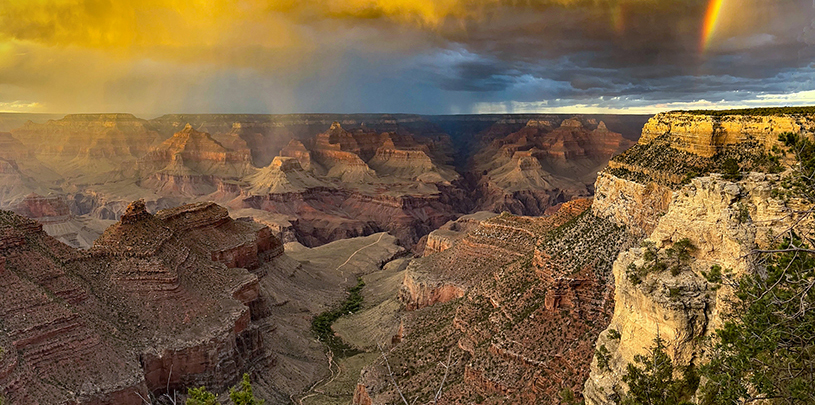by Amber Reimondo, Energy Director
On February 26, 2021, the House passed the Grand Canyon Protection Act, a bill that permanently bans new uranium mines on about 1 million acres of public lands near Grand Canyon National Park. Uranium mining has a long legacy of contaminating land and water in the Grand Canyon region, the ancestral homeland of the Havasupai, Navajo, Hopi, Hualapai, and many other Native American nations whose strong cultural connections to the canyon continue to this day.
Many tribal leaders are raising their voices in support of the Grand Canyon Protection Act. The Inter Tribal Association of Arizona, which includes 21 tribes across the state, passed a resolution supporting the bill, citing the expansion of uranium mining around the Grand Canyon as the “greatest risk” to religious, cultural, and traditional land use by Native peoples in the area.
Across the Grand Canyon region, tribal leaders are reaffirming the need for a permanent mining ban and urging support for a similar mining ban bill introduced in the Senate, where it awaits a committee hearing.
Take Action. Urge your senators to protect the Grand Canyon ›
Native peoples are on the frontlines of contamination from uranium mining, continuing to bear the brunt of the environmental injustice of past uranium-mining contamination, and are among those most at risk should uranium mining in the region ever ramp up.
From the Havasupai Tribe, “people of the blue-green water,” who still live, farm, and tend livestock at the bottom of Havasu Canyon, home to world-famous blue-green waterfalls, to the Navajo Nation, which is still dealing with the devastating legacy of a U.S. government-supported uranium boom that left over 500 abandoned uranium mines scattered across the Navajo reservation, Native leaders of the Grand Canyon region are speaking up for permanent protection. Here are some of their words.
Native leaders support the Grand Canyon Protection Act

“For years, the Havasupai Tribe has worked alongside our elected officials to protect our home and our ancestral lands. The passage of the Grand Canyon Protection Act is a significant step in the right direction that will help protect our sacred lands and waters from the harmful and often irreversible effects of uranium mining… members of Congress have seen the importance of protecting and preserving the Grand Canyon region and on behalf of the Havasupai Tribe and all those that call this area home, we thank you for fulfilling this important obligation.”
–Matthew Putesoy Sr., Vice Chairman, Havasupai Tribe
“I applaud the House for moving the Grand Canyon Protection Act another step forward and for their support of preserving the land and protecting the health and well-being of all five-fingered beings that visit and reside in the Grand Canyon area. The Navajo people have endured long and devastating impacts of radiation exposure and contamination caused by uranium mining, therefore, we strongly oppose any permitting of uranium mining operations in the Grand Canyon region and the entire Navajo Nation… we ask the Senate to support this important measure as well.”
–Jonathan Nez, President, Navajo Nation
“The Grand Canyon has been home to the Hualapai people for thousands of years, and its health is vital to our community. The Colorado River brings us to understand life. It is life. Without water we will not survive. Keeping the river clean for all users of the River, especially the Havasupai and Hualapai, is very critical to us as well as other users. The Hualapai Tribe supports the environmental protection efforts of Rep. Raul Grijalva through the Grand Canyon Protection Act, and hope that its passage will ensure a safer and more responsible future for our homeland.”
–Dr. Damon Clarke, Chairman, Hualapai Tribe
“The Hopi People support and are grateful for Rep. Grijalva’s leadership in protecting the sacred landscape that is the Grand Canyon. The Hopi Tribe requests the Senate to seize on the momentum and continue the rightful process from the House and pass the Grand Canyon Protection Act.”
–Clark W. Tenakhongva, Vice Chairman, Hopi Tribe
“Without dramatic action, the Grand Canyon region, and the Colorado River that runs through it, will continue to be among the most ecologically distressed regions in our country. Our agricultural economy and our cultural, religious and spiritual heritage rely on this river. That’s why we support the Grand Canyon Protection Act — it will ensure that this water remains clean, wholesome, and abundant for the years to come.”
–Amelia Flores, Chairwoman, Colorado River Indian Tribes
The Grand Canyon is one of the Seven Natural Wonders of the World and the ancestral homeland of tribes who continue to live, visit, pray, and carry on cultural and traditional practices here. The canyon’s precious seeps and springs sustain people, wildlife, and a delicate broader web of high-desert life. This is simply the wrong place to mine uranium. It’s time to listen to those who have known this place the longest; it’s time to protect the Grand Canyon region from uranium mining, forever.




